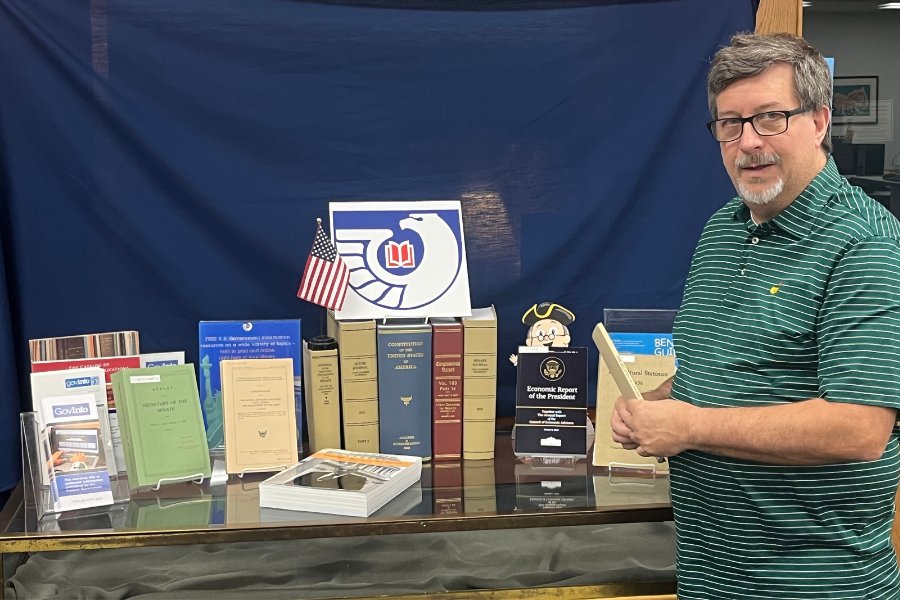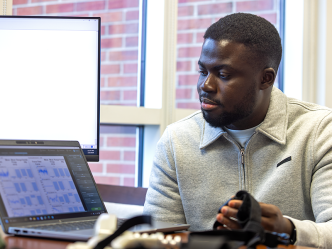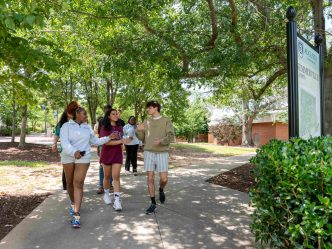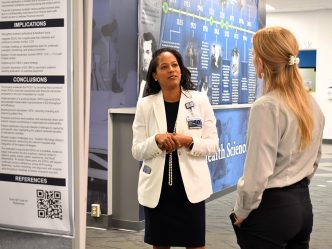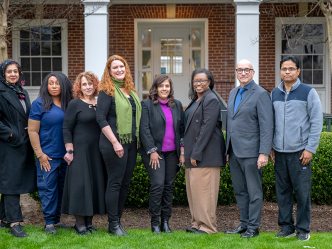On the second floor of the Reese Library on the Summerville Campus, thousands of historic government documents are available for students, faculty and researchers, as well as researchers and patrons from across the region. Thanks to a recent agreement between the U.S. Government Publishing Office and Augusta University Libraries, that collection will continue to grow.
“Joining the Preservation Steward partnership ensures scholars across the region will have the vital documents available well into the future,” said David Kearns, the Federal Depository manager for Reese Library. “It will make Augusta University a destination for people who want to use these tangible items.”
Reese Library has been a Federal Depository with the U.S. government since 1962. Throughout the years, selected copies of critical documents, ranging from studies on the Savannah River to former President Bill Clinton’s impeachment, have resided here. Over time, many of these documents have become digitized, with a select number of universities and libraries receiving physical copies.
“With this agreement, AU will receive one of the 20 copies available for certain government documents,” Kearns added. Some items, such as Senate and House documents and reports, will show up every week, while other critical documents will arrive monthly or annually.
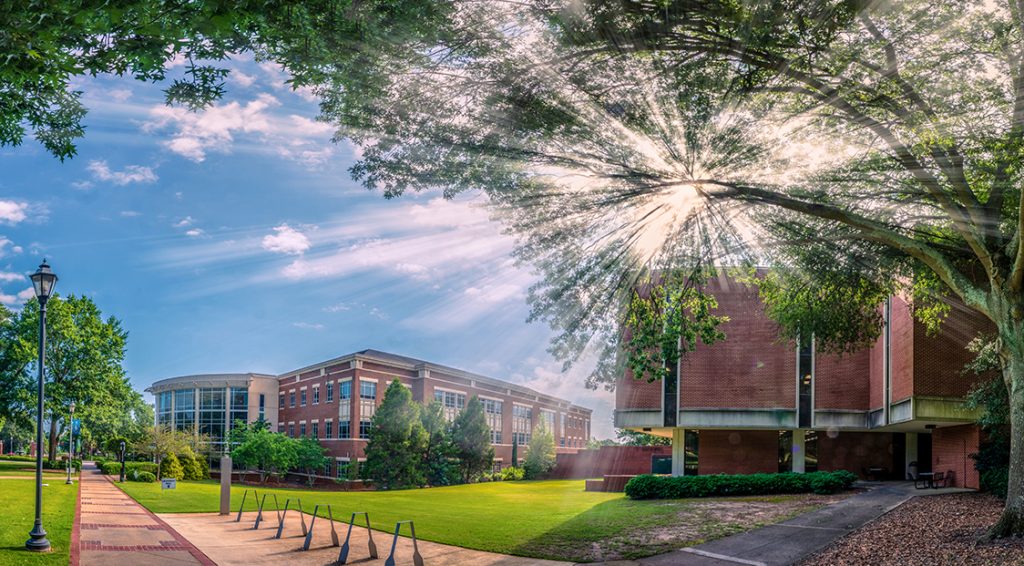
Brad Warren, dean of the Augusta University Libraries, said the designation honors the AU Libraries’ commitment to providing access to these documents.
“As one of the few libraries in the Southeast with this designation, this addition will further increase our capacity to support the research needs of Augusta University students, faculty and staff, as well as members of the broader research community,” said Warren.
The libraries agreed to take 13 different titles as part of this agreement, ranging from agricultural statistics and Senate and House journals to the Constitution of the United States, Analysis and Interpretation and Senate Treaty documents.
Kearns also shared the importance of scholars and researchers having access to most historic legislative activities, including committee meetings and key developments over time.
“I would like to see more people come to Reese Library and use these resources,” he said, noting his eagerness to join this partnership. “Each document could be the foundation of a research project.”
 Augusta University
Augusta University
